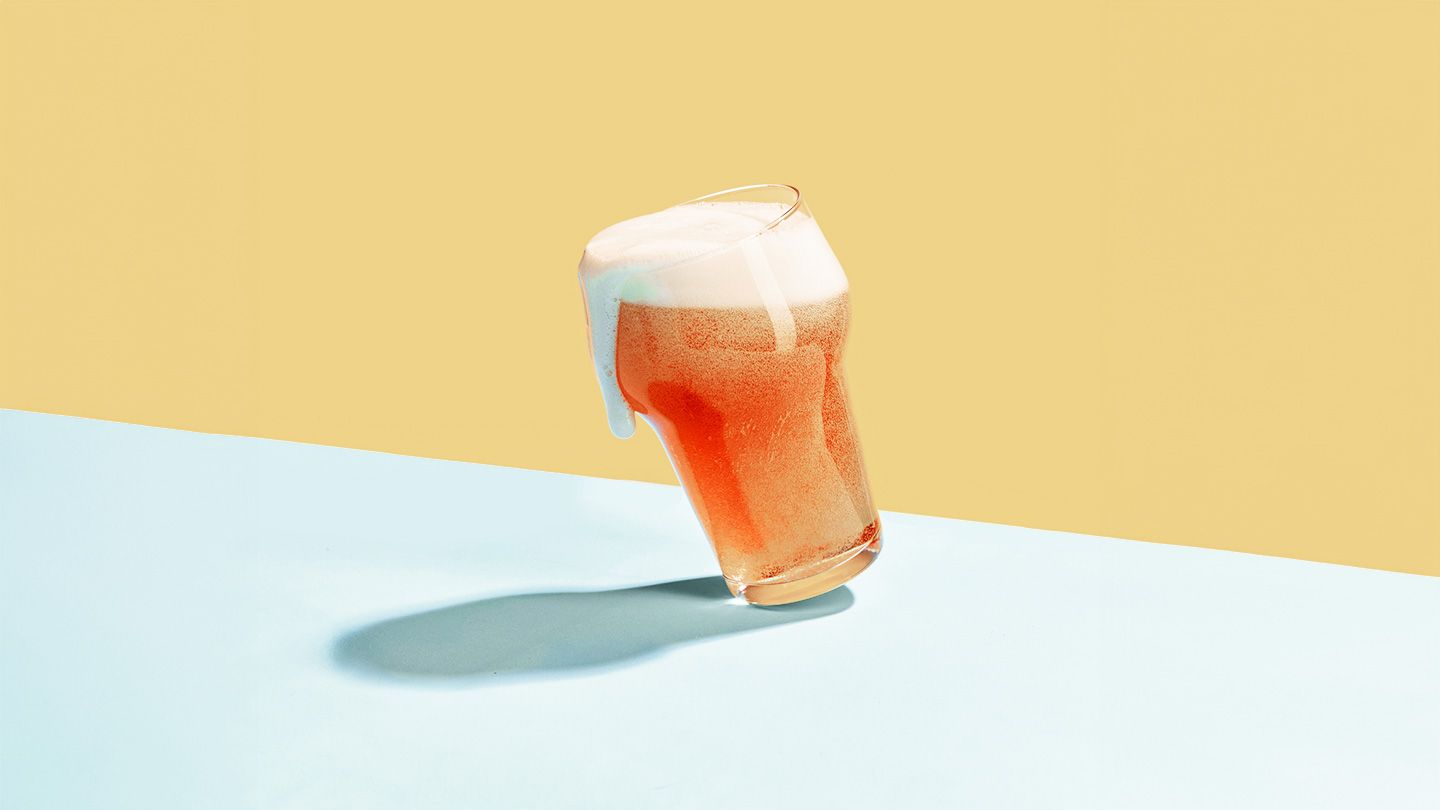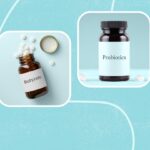How Alcohol Affects Anxiety Disorders
When you drink, GABA activity essentially dampens anxiety, like the mute button on a remote. Your brain doesn’t understand why it got so quiet, so it tries to turn up the “volume” by making you more sensitive to glutamate, which increases excitability.
As your body processes alcohol, GABA decreases, but glutamate stays active at its new, increased level, which leaves you more anxious when not drinking, says Dr. Batista. “Alcohol also affects serotonin and dopamine pathways, both of which are implicated in mood and anxiety regulation,” she says.
Not only does alcohol worsen anxiety, but your anxiety level can stay high for a long time after you stop drinking. “It is not until 12 or more hours after our last drink that the glutamate receptors start to decrease,” says Ashvin Sood, MD, a psychiatrist in private practice in Washington, DC.
Because of the changes in brain activity prompted by alcohol, says Batista, drinking can worsen anxiety symptoms in the following ways.
- Rebound Anxiety As mentioned, anxiety can increase as blood alcohol levels fall, especially after heavy or chronic use.
- Sleep Disruption Alcohol interferes with the typical stages of sleep, leading to poor sleep quality, which can also affect anxiety.
- Withdrawal Even short-term withdrawal after moderate drinking can trigger anxiety symptoms in susceptible individuals.
- Neuroadaptation Chronic drinking leads to changes in brain chemistry that can make anxiety symptoms more persistent and severe.
- Dehydration Alcohol dehydrates you, and even mild dehydration can increase irritability and anxiety.
Alcohol can also lower your inhibitions, which may encourage you to do or say things you wouldn’t ordinarily do that leave you feeling embarrassed the next day. This can also increase feelings of anxiety.
Read the full article here




